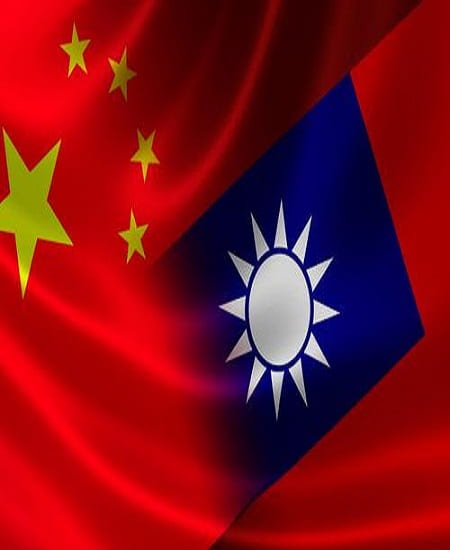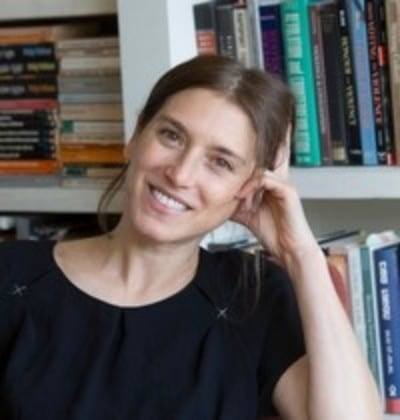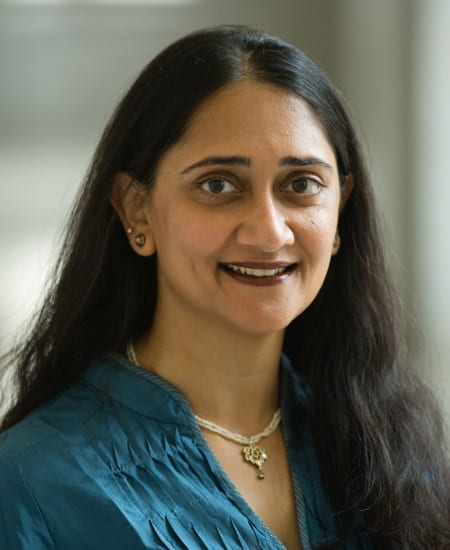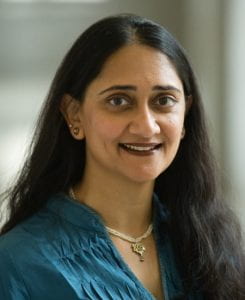Wednesday, February 7, 2018
Lunch: 12:00 PM – 12:30 PM
Roundtable Discussion: 12:30 PM – 2:00 PM
The Elliott School of International Affairs
1957 E Street, NW, Lindner Commons, Room 602 (6th Floor)
Washington, DC 20052
China’s stepped up pressure on Taiwan in recent weeks – from Beijing’s unilateral launch of new air routes, to the row with hotel giant Marriott over its website characterization of Taiwan – is once again bringing cross Strait relations into question. This is occurring in the context of China’s rising military profile and growing assertiveness in East Asia, which continues to raise region-wide concern. This Roundtable will assess key political and strategic dynamics of current cross Strait relations and what the trends portend.
“Chinese Strategic Pressure and Impact on Taiwan”
- Mark Stokes, Executive Director of the Project 2049 Institute
“Taiwan’s Southbound Policy and the China Factor”
- Dr. Joyce Juo-yu Lin, Professor of the Department of Diplomacy and International Relations, and Director of the ASEAN Studies Center at Tamkang University
“Domestic Politics and Taiwan’s Options on Cross Strait Relations”
- Dr. Shelley Rigger, Brown Professor and Assistant Dean for Educational Policy, Political Science Department of Davidson College
Moderator: Edward McCord, Professor of History and International Affairs and Director of the Taiwan Education and Research Program at GW
About the Participants:
Mark Stokes is the Executive Director of the Project 2049 Institute, which seeks to guide decision makers toward a more secure Asia. Prior to his current position, he was the founder and president of Quantum Pacific Enterprises, an international consulting firm, and vice president and Taiwan country manager for Raytheon International. Mr. Stokes has also served as a senior associate at the Center for Strategic and International Studies and as a member of the Board of Governors of the American Chamber of Commerce in Taiwan. A 20-year U.S. Air Force veteran, Mr. Stokes was the team chief and senior country director for the People’s Republic of China, Taiwan and Mongolia in the Office of the Assistant Secretary of Defense for International Security Affairs. He holds a B.A. from Texas A&M University and a M.A. from Boston University and the Naval Postgraduate School.
Dr. Joyce Juo-yu Lin is the current Director of the ASEAN Studies Center at Tamkang University and professor of the University’s Department of Diplomacy and International Relations, and is a specialist in Southeast Asian political and economic issues. She has researched and written academic papers focusing on the possibility of a free trade agreement between China and ASEAN, as well as the motivations behind pursuing a free trade agreement, and the possibility of US influence in this area. Prior to her current positions, Dr. Lin was a Southeast Asia correspondent for the China Times, and was a visiting researcher at Georgetown University. She was also the CNAPS visiting Fellow at the Brookings Institution. Dr. Lin holds a B.A., M.A. and Ph.D from the National Taiwan University.
Dr. Shelley Rigger is the Brown Professor and Assistant Dean for Educational Policy at Davidson College focusing on East Asian politics. She has written two books analyzing Taiwan’s domestic politics, Politics in Taiwan: Voting for Democracy (Routledge 1999) and From Opposition to Power: Taiwan’s Democratic Progressive Party (Lynne Rienner Publishers 2001), and has published articles concentrating on the national identity issue in Taiwan-China relations, and other related topics. Her current research studies include the effects of cross-strait economic interactions on Taiwan people’s perceptions of mainland China. Dr. Rigger earned her bachelor’s degree at Princeton University, and holds a Ph.D. from Harvard University.
Dr. Edward McCord is a Professor of History and International Affairs and Director of the Taiwan Education and Research Program at GW. He lived and studied for five years in Taiwan and the People’s Republic of China, and is currently working on a major book-length project that examines militia organizations in Republican China (1911-1949). Professor McCord’s research centers on the history of Chinese military-civil relations in the modern era. Prior to joining GW, he was the Assistant Professor of History at the University of Florida. He has experience teaching Chinese history at the Foreign Service Institute and the Smithsonian Institution’s Campus on the Mall program. Professor McCord has a M.A. and Ph.D. in history from the University of Michigan.




 Ornit Shani is a scholar of politics and modern history of India. Her research focuses on the modern history of democracy and citizenship in India, as well as the rise of Hindu Nationalism, identity and caste politics, and communal and caste violence. Dr. Ornit was a Research Fellow at St. John’s College, Cambridge University and holds a PhD from the University of Cambridge. Her new book How India Became Democratic: Citizenship and the Making of the Universal Franchise explores the creation of the electoral roll and universal adult franchise in India. Dr. Shani’s other research interests include modern South Asia, democracy and democratization, India’s constitutionalism, India legal history, Indian elections, nationalism, and identity politics.
Ornit Shani is a scholar of politics and modern history of India. Her research focuses on the modern history of democracy and citizenship in India, as well as the rise of Hindu Nationalism, identity and caste politics, and communal and caste violence. Dr. Ornit was a Research Fellow at St. John’s College, Cambridge University and holds a PhD from the University of Cambridge. Her new book How India Became Democratic: Citizenship and the Making of the Universal Franchise explores the creation of the electoral roll and universal adult franchise in India. Dr. Shani’s other research interests include modern South Asia, democracy and democratization, India’s constitutionalism, India legal history, Indian elections, nationalism, and identity politics.


